World Telecommunication and Information Society Day, better known to most people as World Telecommunications Day, has been celebrated on May 17th every year since 1969. Since then, the event has been celebrated annually around the world, with the aim of raising awareness of the importance of Information and communication technologies (ICTs) in our daily lives and promoting the development of telecommunications infrastructure in developing countries.
Each year, the International Telecommunications Union (ITU) chooses a theme for the event to focus attention on a particular issue or challenge facing the ICT industry.
Past themes have included "Big Data for Big Impact" in 2017, "ICTs and improving road safety" in 2018, and "Accelerating digital transformation in challenging times" in 2022. This year in 2023, the theme is “Empowering the least developed countries through information and communication technologies.”
The ITU (of which TSF is a proud member) was established on the 17th May, 1865 and is one of the oldest international organizations in the world. Its mission is to promote the development of telecommunications infrastructure and services around the world, and to ensure that all people have access to affordable and reliable ICTs.
They also work closely with governments, private sector companies, and other stakeholders to develop policies, standards, and regulations that promote the growth of the telecommunications industry.
One of the reasons why World Telecommunications Day is so important is that it helps to raise awareness of the critical role that ICTs play in our daily lives. In today's digital age, communication and information technologies are essential for almost every aspect of modern life, from healthcare and education to business and entertainment.
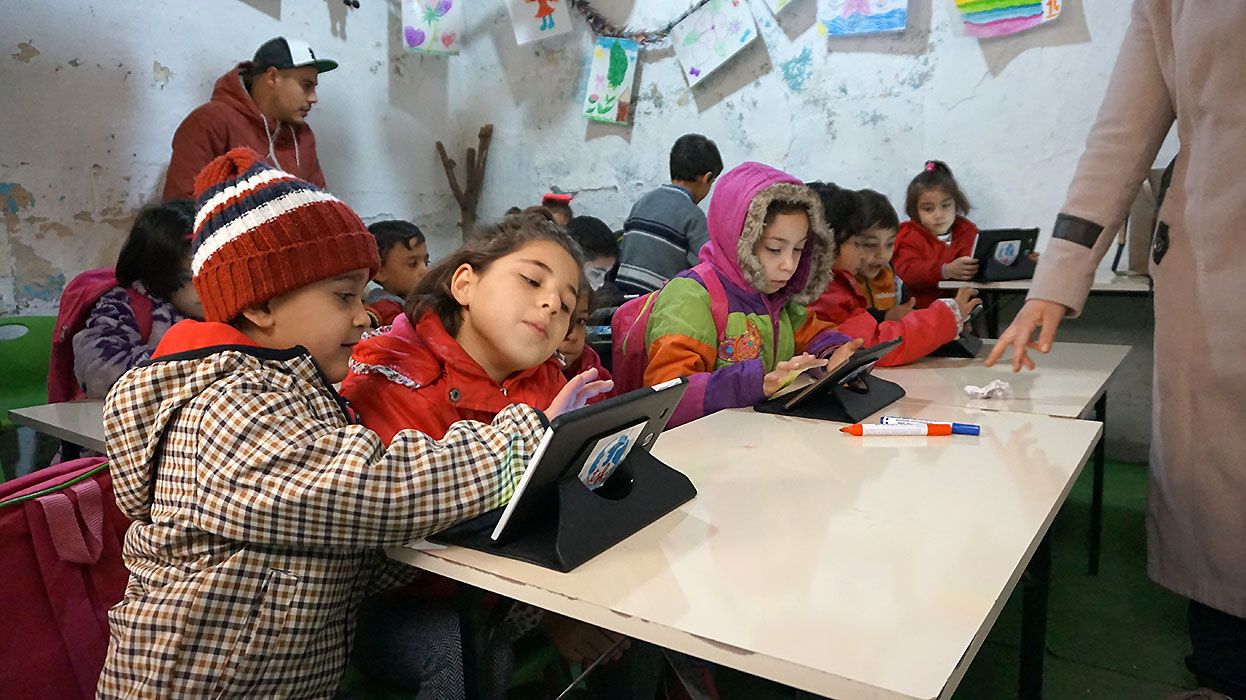
By celebrating World Telecommunications Day, we can help to highlight the many ways in which ICTs are improving our world and making it a better place to live. For refugees, for example, ICTs are an opportunity to keep in contact with their loved ones, access information about the next steps of their journey or about the rest of the world. This is why we provide connectivity to refugee camps in Bosnia and Greece, and use ICTs to share essential, reliable information in shelters in Latin America and in Poland.
Another important aspect of World Telecommunications Day is its focus on promoting the development of telecommunications infrastructure in developing countries. As we wrote about last week, despite the fact that many people in High/middle-income countries take access to high-speed internet and other forms of telecommunication for granted, billions of people around the world still lack basic access to these technologies.
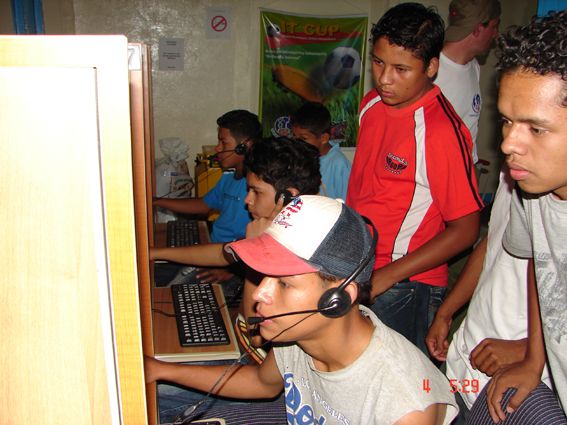
In Madagascar, with the IT Cup Centre, TSF provides access to computers and to the Internet, and organises workshops and events raising awareness on how to use ICTs. Young people use this access for many things, including their education.
"I use the Internet because it helps me a lot in my studies. I also do research on career guidance on the advice of my teachers. The final exam is approaching, and we have to build our project for afterwards."
Severin, a 16-year-old student in Madagascar.
By promoting the development of telecommunications infrastructure in the Global Majority, World Telecommunications Day can help to close the digital divide and ensure that all people have access to the same opportunities and resources.


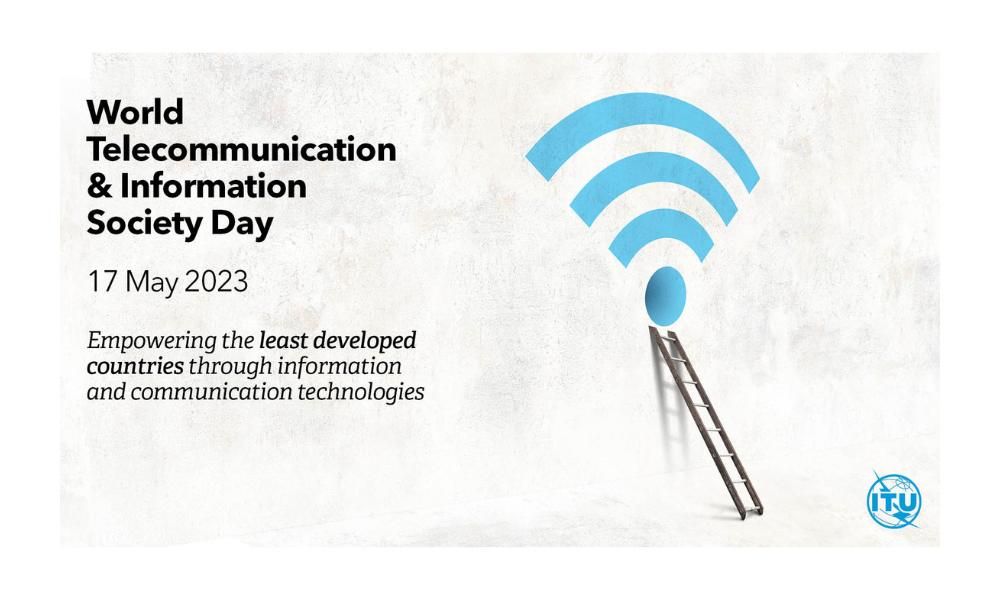



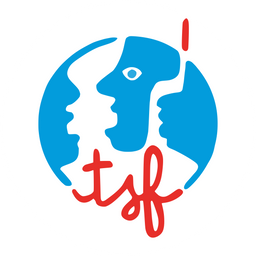


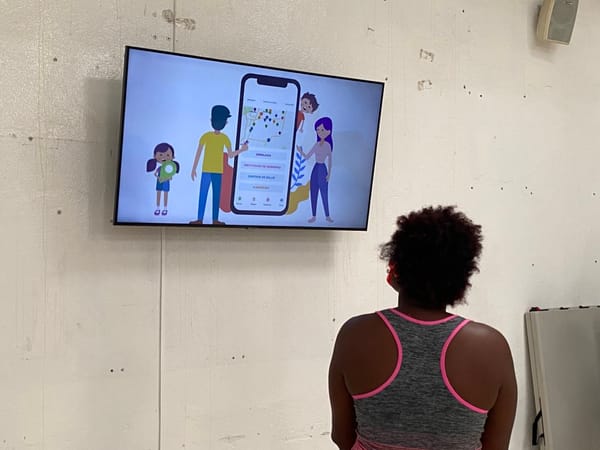

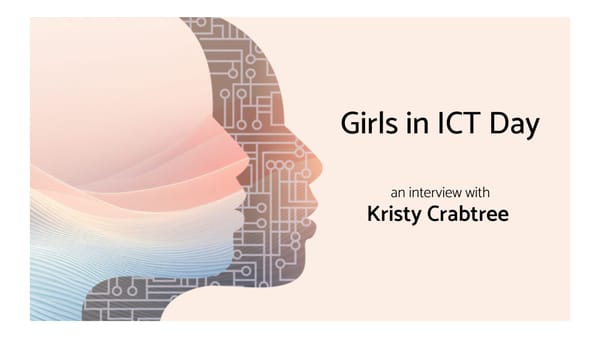
Member discussion